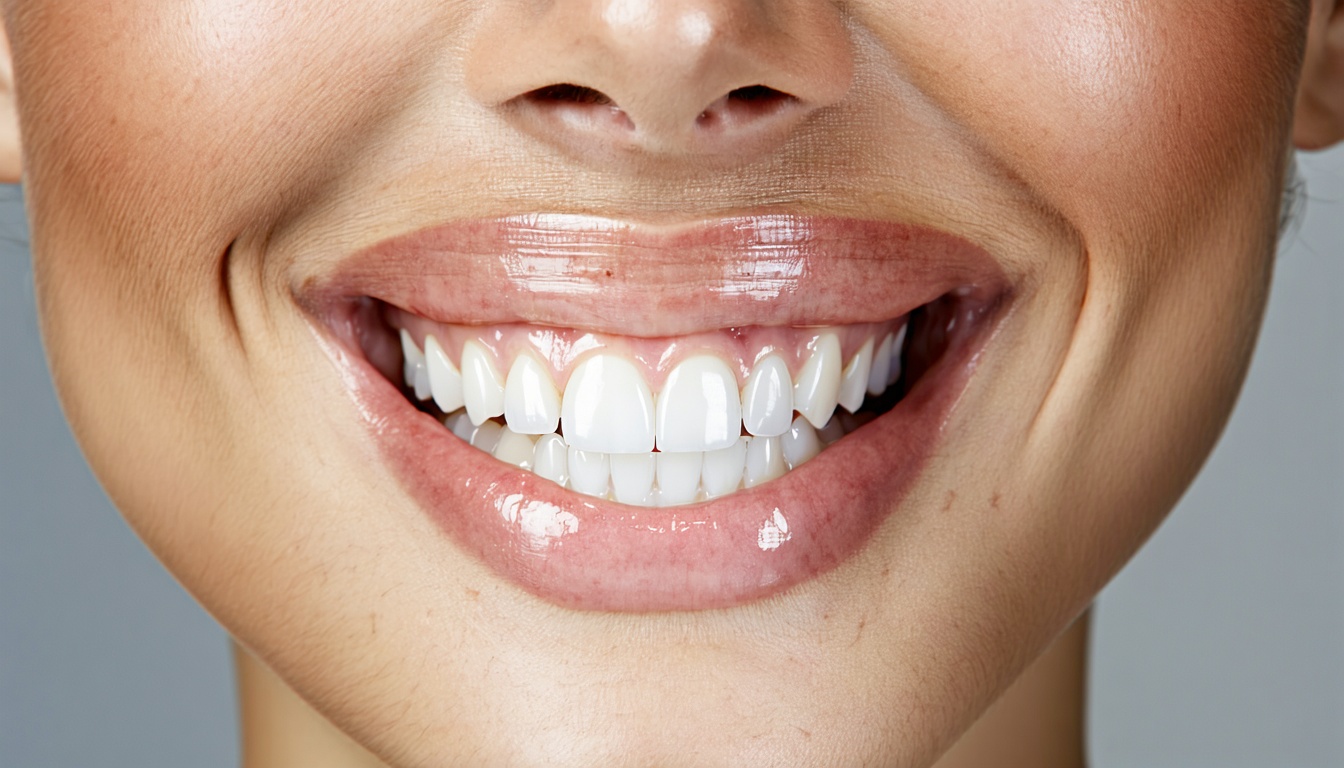Understanding Dental Veneers
Understanding dental veneers is essential for anyone considering aesthetic improvements to their smile. These cosmetic solutions can address various dental imperfections, offering a way to enhance your confidence and the overall aesthetics of your teeth.
What Are Dental Veneers?
Dental veneers are custom-made shells designed to fit over the front surfaces of your teeth. They work to conceal imperfections such as cracks, chips, stains, and gaps, effectively transforming the appearance of your smile. Veneers are popular because they provide a natural look while enhancing the aesthetics of your teeth (Cleveland Clinic).
Made from materials like porcelain or composite resin, these veneers can be tailor-made to achieve your desired color and shape. This personalization ensures they blend seamlessly with your natural teeth. It’s crucial to discuss your goals and expectations with your dental provider to ensure you achieve the smile you desire.
Types of Dental Veneers
There are several types of dental veneers available, each with its unique benefits. Here are the main types you can consider:
| Type of Veneer | Description | Considerations |
|---|---|---|
| Porcelain Veneers | Custom-made to fit your dental anatomy; require some enamel removal for placement. Excellent for durability and aesthetics. (Cleveland Clinic) | Slightly irreversible due to enamel removal; higher cost. |
| Composite Veneers | Made from a tooth-colored resin material; applied directly to the teeth. They can address a range of cosmetic issues. | Less durable compared to porcelain; may require more frequent replacements. |
| No-Prep Veneers | These are ultra-thin and can often be placed without removing enamel. Ideal for minimal tooth alteration. | May not address severe imperfections as effectively as thicker options. |
| Removable Veneers | Temporary option that can be applied and removed as needed. | Not typically a long-term solution; may not fit snugly against the teeth. |
Selecting the right type of veneer is a decision that should be made in collaboration with your dental professional. Consider factors like durability, appearance, and whether you’re comfortable with potential enamel removal when making your choice. Understanding these aspects will help you make an informed decision about your smile enhancement journey. If you need to explore further dental services, consider looking into dental restoration services covered by MetLife.
Benefits and Considerations
Advantages of Dental Veneers
Dental veneers provide numerous advantages that can significantly enhance your smile. These custom-made shells fit over the front surfaces of teeth, effectively concealing cracks, chips, stains, and other imperfections. Here are some key benefits of choosing dental veneers:
-
Aesthetic Appeal: Veneers are designed to improve the overall appearance of your teeth, making your smile look brighter and more uniform. They can cover up imperfections such as chips, cracks, and discoloration, enhancing your confidence in social and professional settings (Cleveland Clinic).
-
Durability: Made from strong materials, dental veneers are designed to last. With proper care, they can withstand daily wear and tear, providing long-lasting results (Colgate).
-
Minimal Tooth Alteration: The procedure for applying dental veneers often requires minimal alteration of the natural tooth compared to other cosmetic options, making it a less invasive solution for achieving your desired appearance.
-
Stain Resistance: Many veneers are made from materials that resist stains, allowing you to enjoy your favorite foods and beverages without worrying about discoloration.
Factors to Consider Before Getting Veneers
While dental veneers offer many benefits, there are several factors you should consider before proceeding with the treatment:
-
Dental Health: Before considering veneers, it’s essential to ensure your teeth and gums are healthy. Individuals should be free of extensive cavities and gum disease to avoid complications (Cleveland Clinic).
-
Maintenance Requirements: Proper care and maintenance are crucial for the longevity of your veneers. You should practice good oral hygiene, which includes brushing twice a day and flossing regularly. Regular dental visits are also essential to monitor the health of both your natural teeth and the veneers.
-
Cost and Insurance Coverage: It is important to understand the costs associated with dental veneers and whether your insurance plan, such as MetLife dental, provides coverage for this cosmetic treatment. Evaluating your insurance options can help you plan effectively.
Weighing these advantages and factors will help you make an informed decision about choosing front tooth veneers with MetLife dental at your preferred dental practice. For more detailed information on costs and insurance coverage for veneers, refer to the section on cost and insurance coverage.
Cost and Insurance Coverage
Understanding the financial aspects of front tooth veneers is essential for planning your cosmetic dental treatment. Here’s an overview of the average costs associated with veneers and what you can expect from your insurance coverage, especially with MetLife Dental.
Average Cost of Dental Veneers
The cost of dental veneers varies based on the type of veneer chosen. Here is a breakdown of the average costs:
| Type of Veneer | Average Cost per Tooth |
|---|---|
| Traditional Veneers | $925 – $2,500 |
| Composite Veneers | $250 – $1,500 |
Typically, a single veneer costs around $1,300. It’s important to note that veneers are generally viewed as cosmetic dentistry procedures, which means they are often not covered by insurance. Always confirm coverage specifics with your provider before proceeding with treatment (Colgate; Healthline; Laith Family Dentistry).
Insurance Coverage for Veneers
When considering insurance, it’s essential to understand that coverage can vary significantly between plans. Generally, MetLife dental insurance may cover preventive and some restorative procedures, but treatments like porcelain veneers are often classified as elective cosmetic dentistry, which means they may not be covered. This applies to other cosmetic enhancements like teeth whitening.
For more details about specific coverage options related to veneers and other cosmetic procedures, review your plan specifics or consult with your dental provider. You may also explore insurance options through other providers for comprehensive dental restoration services. For instance, some plans may offer coverage for cosmetic dental concerns like veneers covered by Delta Dental or Aetna veneer dentist in-network.
It’s advisable to have a clear understanding of the costs and potential insurance implications beforehand to ensure that you’re making an informed decision about your dental health and aesthetic choices.
Procedure and Maintenance
When considering front tooth veneers with MetLife Dental, it’s essential to understand both the procedure involved in getting veneers and how to maintain them for longevity and aesthetic appeal.
Process of Getting Veneers
The process of obtaining dental veneers typically involves several steps to ensure a precise fit and natural appearance. Initially, your dentist will assess your teeth and discuss your goals for the veneers. After that, the first visit generally includes:
-
Preparation of Your Teeth: For porcelain veneers, your dentist will grind down the surface of your teeth to make space for the veneers. Alternatively, for composite veneers, the tooth surface is etched to prepare it for the material application (Healthline).
-
Impression Taking: Once prepared, your dentist will take impressions of your teeth to create a mold. This mold is then sent to a laboratory specializing in veneers.
-
Temporary Veneers: While your permanent veneers are being created (which can take a few weeks), you may receive temporary veneers to protect your teeth and maintain aesthetics.
-
Final Fitting: When your permanent veneers are ready, you will return to your dentist for fitting. The dentist will make any necessary adjustments and permanently bond the veneers to your teeth.
Maintaining Dental Veneers
Dental veneers can last a long time with proper care, typically between 10 to 15 years, depending on the material used and how well they are maintained (Cleveland Clinic). Here are some essential tips for maintaining your veneers:
| Maintenance Tip | Description |
|---|---|
| Oral Hygiene | Maintain regular brushing with a non-abrasive toothpaste. Floss daily to prevent plaque build-up. |
| Regular Dental Visits | Schedule check-ups and cleanings at least twice a year to monitor the health of your teeth and veneers. |
| Avoid Hard Foods | Steer clear of hard foods that can chip or damage the veneers, such as hard candies or ice. |
| Limit Staining Substances | Reduce consumption of coffee, wine, and foods that can stain your veneers. If you do consume them, rinse your mouth with water afterward. |
| Wear a Mouthguard | If you grind your teeth (bruxism), wearing a mouthguard can prevent damage to your veneers. |
While veneers do not actively damage teeth, it’s crucial to maintain good oral hygiene, as the natural tooth structure underneath can experience decay over time without proper care.
By adhering to these practices, your front tooth veneers can stay in excellent condition, helping you achieve the smile you desire. For more information about dental procedures and maintenance, consider exploring our articles on related topics, such as dental crowns and implants covered by BCBS or insurance coverage for dental services.
Longevity and Care
Lifespan of Dental Veneers
The lifespan of dental veneers can vary based on the type of veneer and how well you care for them. Most veneers are designed to be long-lasting, typically ranging from 10 to 15 years with proper maintenance. Here’s a breakdown:
| Type of Veneer | Average Lifespan |
|---|---|
| Porcelain Veneers | 10 – 20 years |
| No-prep Veneers | 5 – 7 years |
| Minimal Prep Veneers | 10 – 15 years |
It’s important to note that while veneers can significantly enhance the aesthetics of your smile, neglecting oral hygiene can impact their longevity. Even though veneers themselves don’t cause damage, the natural tooth structure underneath can be susceptible to decay over time if not properly maintained (Cleveland Clinic).
Oral Hygiene for Veneer Maintenance
To ensure the longevity of your front tooth veneers with MetLife Dental, you must maintain a rigorous oral hygiene routine. Here are some essential tips for caring for your veneers:
-
Daily Brushing: Brush your teeth at least twice a day using a non-abrasive fluoride toothpaste. This helps to remove plaque and prevent decay of the underlying teeth.
-
Flossing: Floss daily to clean between your teeth and around the veneers. This practice minimizes the risk of gum disease and decay.
-
Regular Dental Visits: Schedule regular check-ups with your dentist. Professional cleanings help in maintaining your veneers and overall oral health.
-
Avoid Certain Foods: Limit the intake of hard or sticky foods that could chip or damage your veneers.
-
Use a Mouthguard: If you grind your teeth at night, consider using a mouthguard to protect your veneers from unnecessary wear (Cleveland Clinic).
By adhering to these oral care practices, you can enjoy the aesthetic benefits of your veneers while ensuring that they remain in excellent condition for as long as possible. For more information on dental options and prolonging the life of your treatments, check out dental restoration services covered by MetLife.








